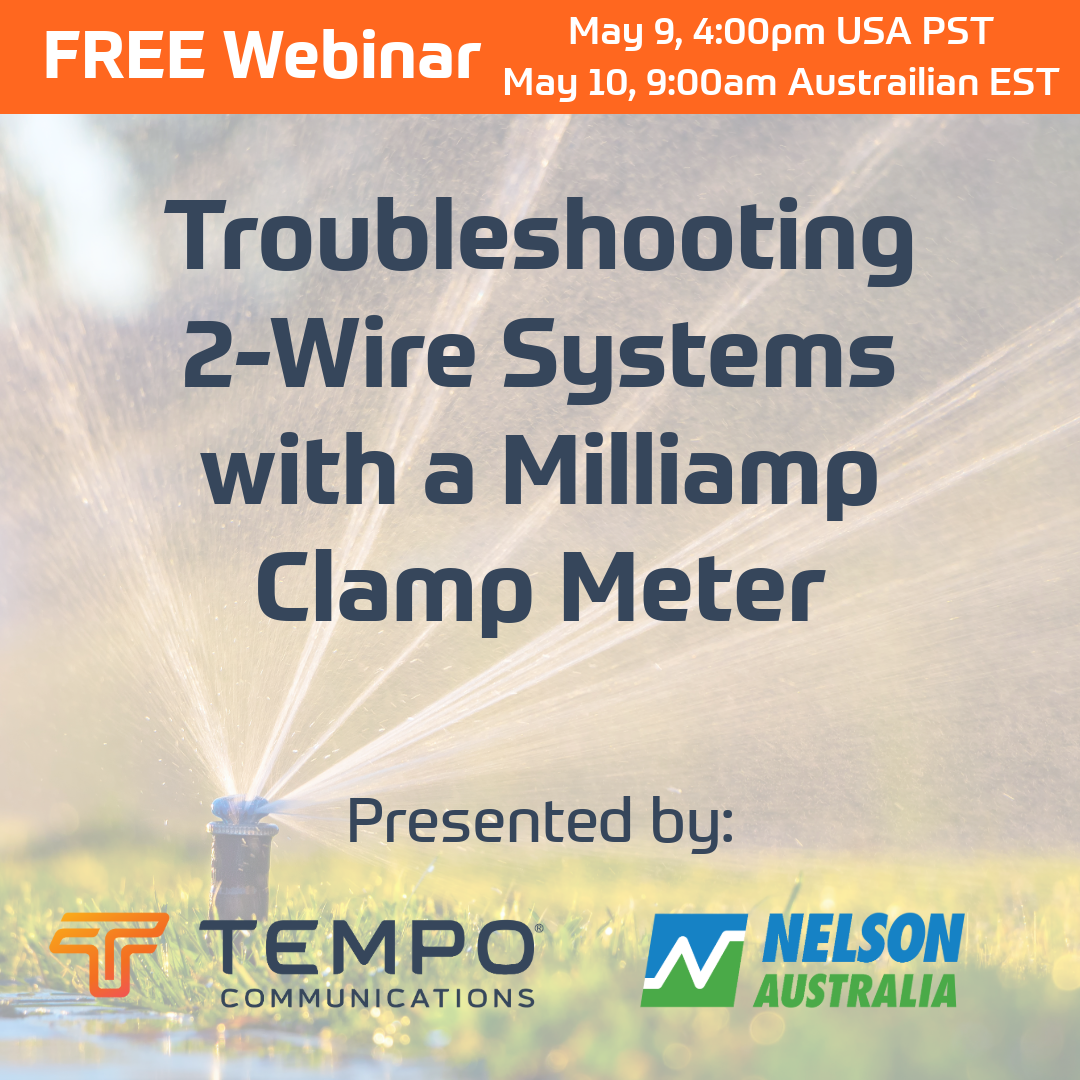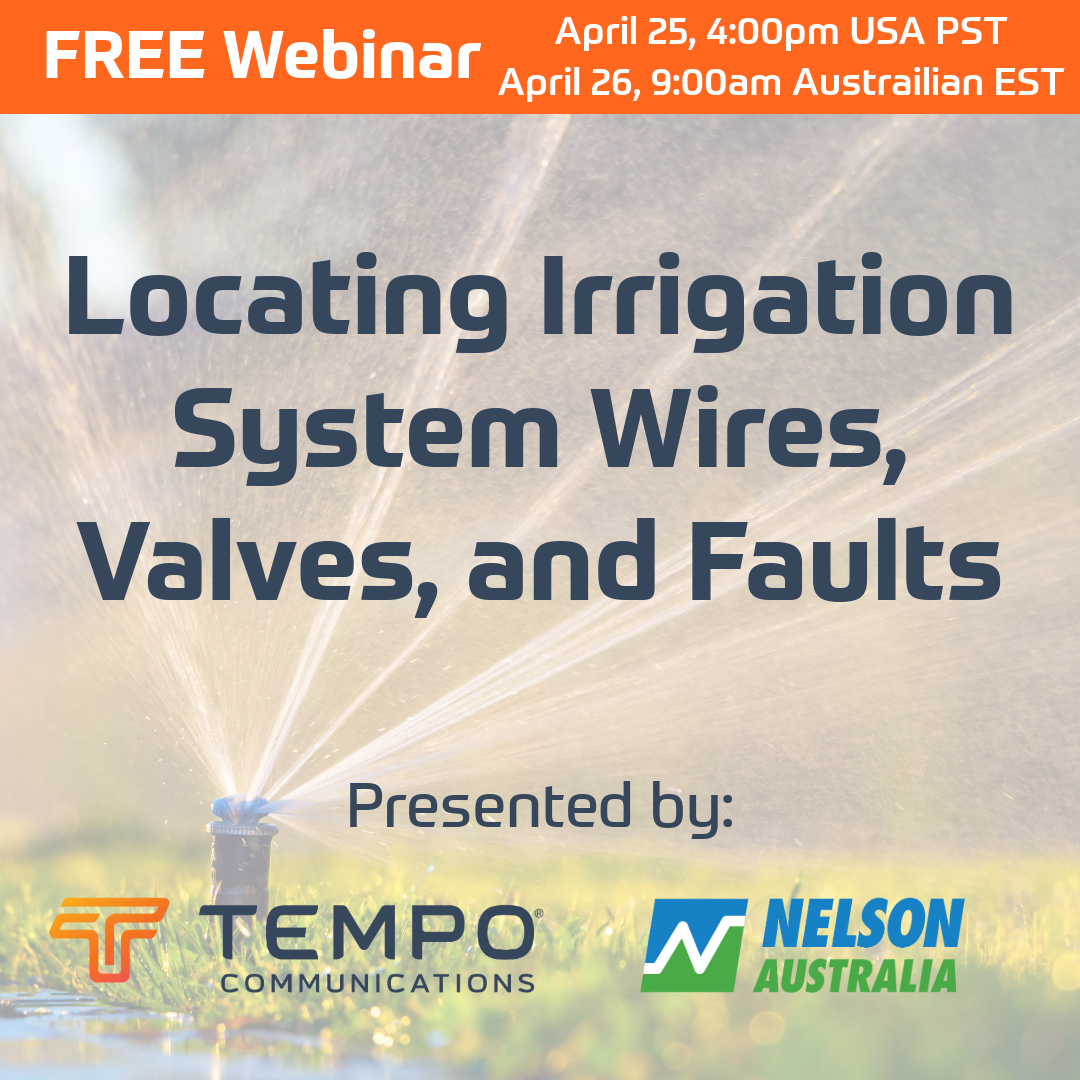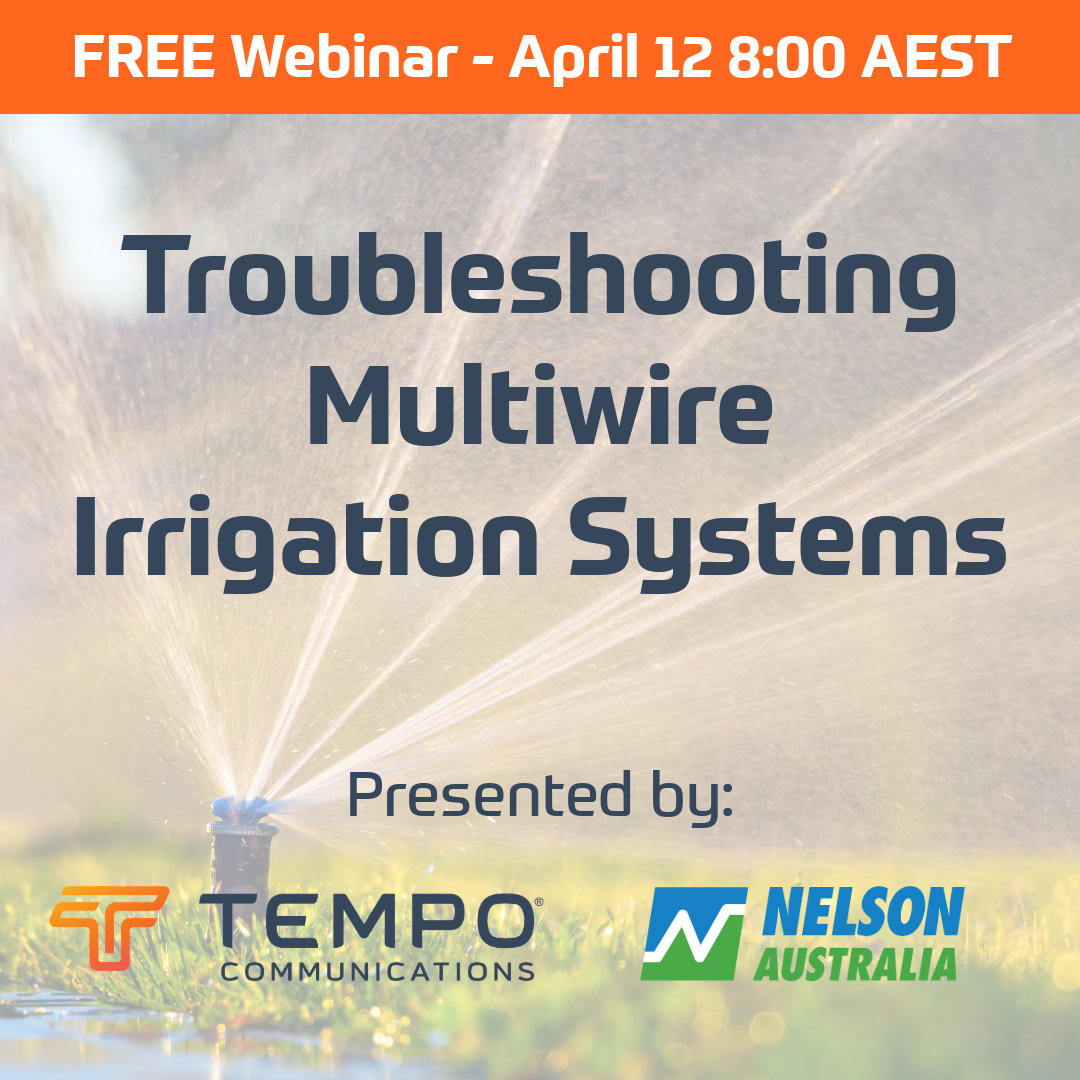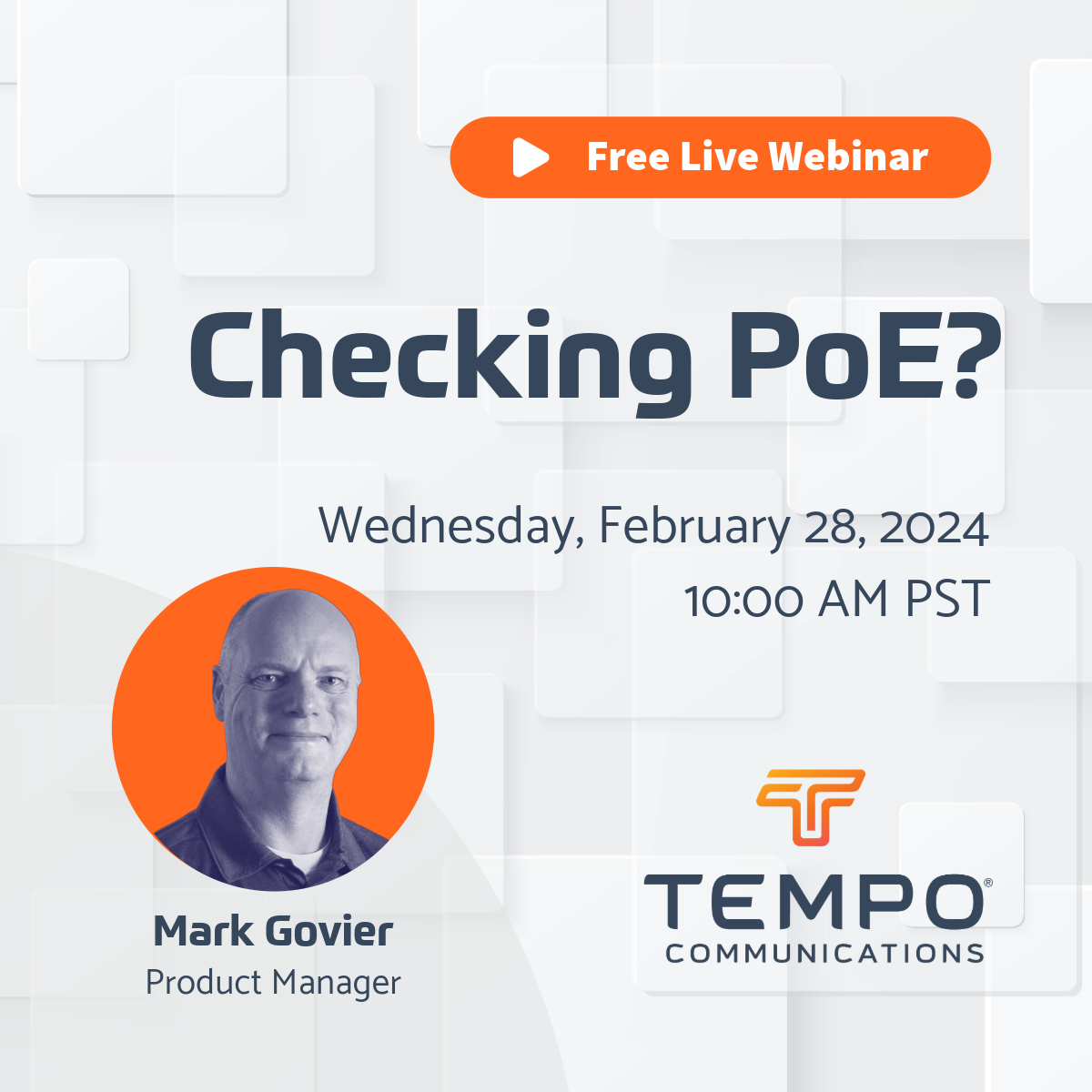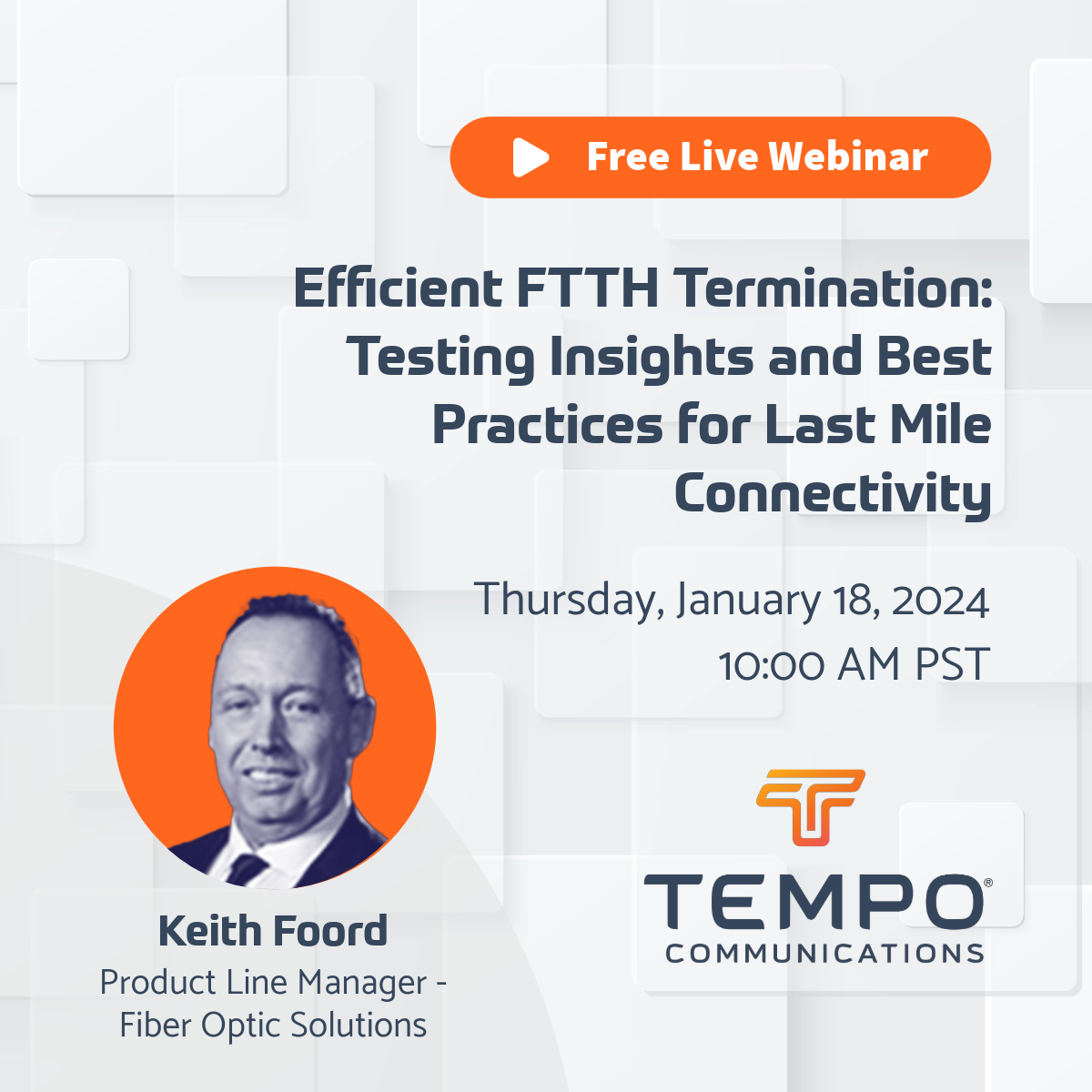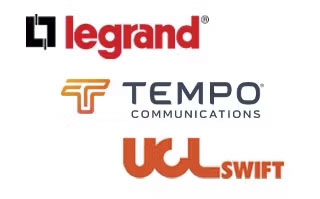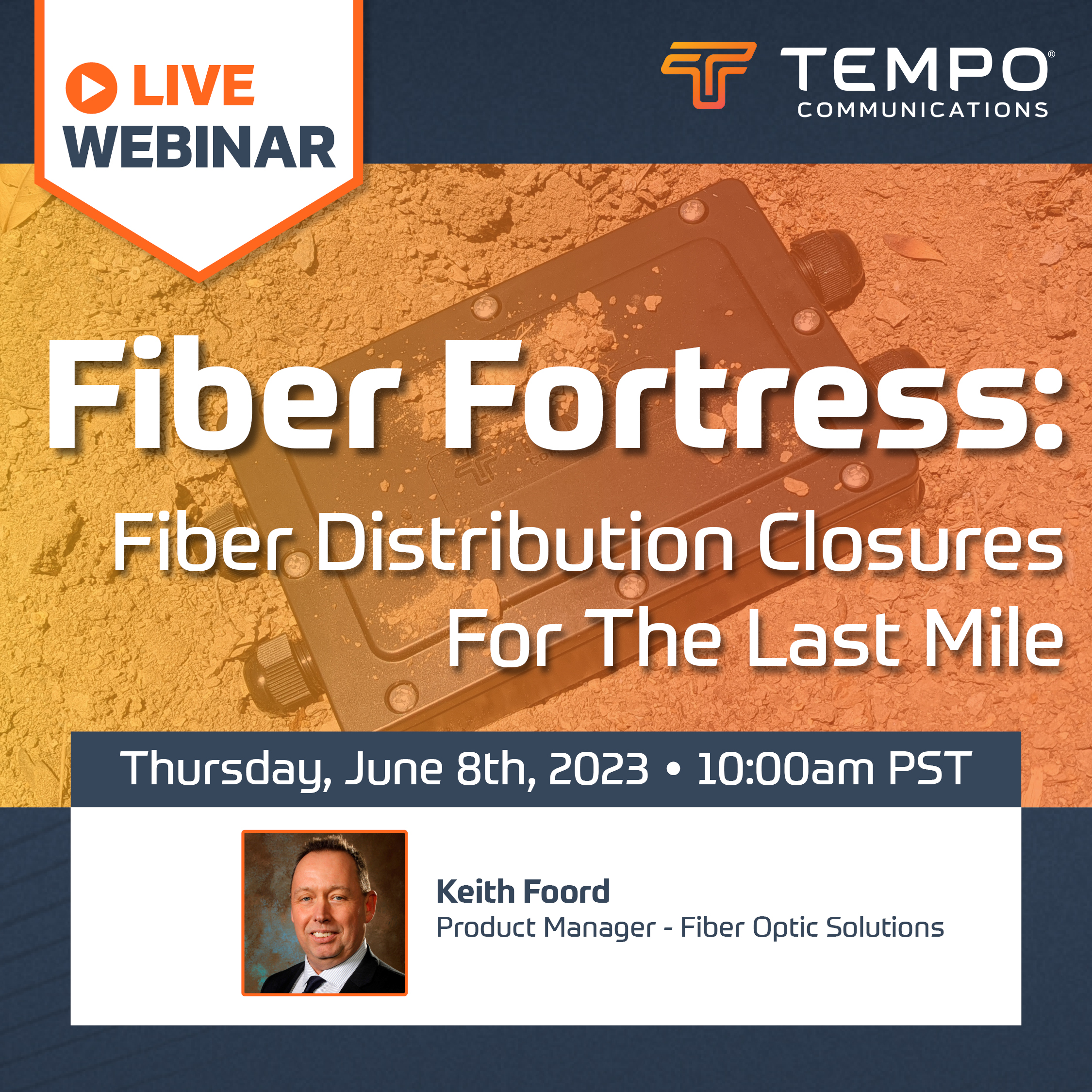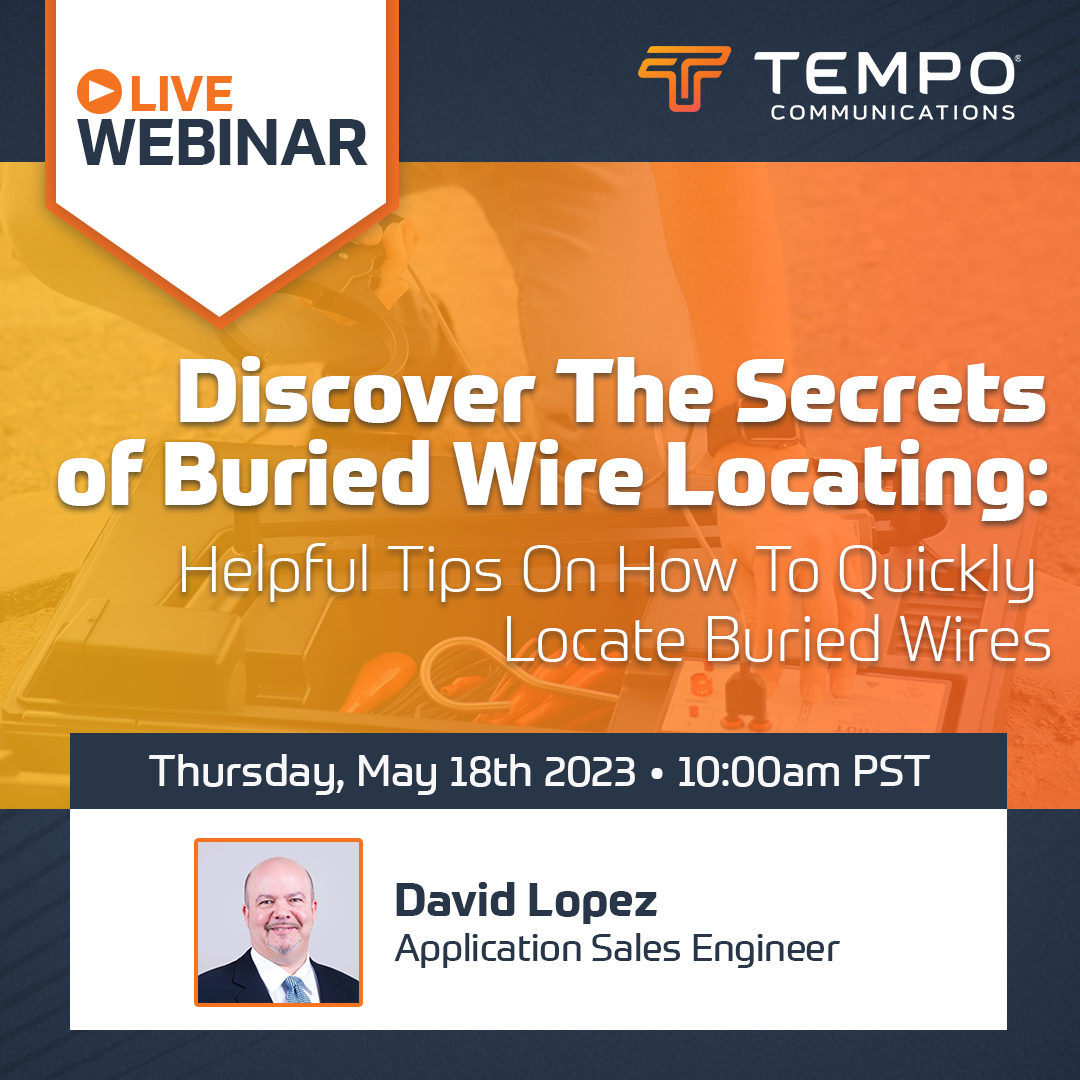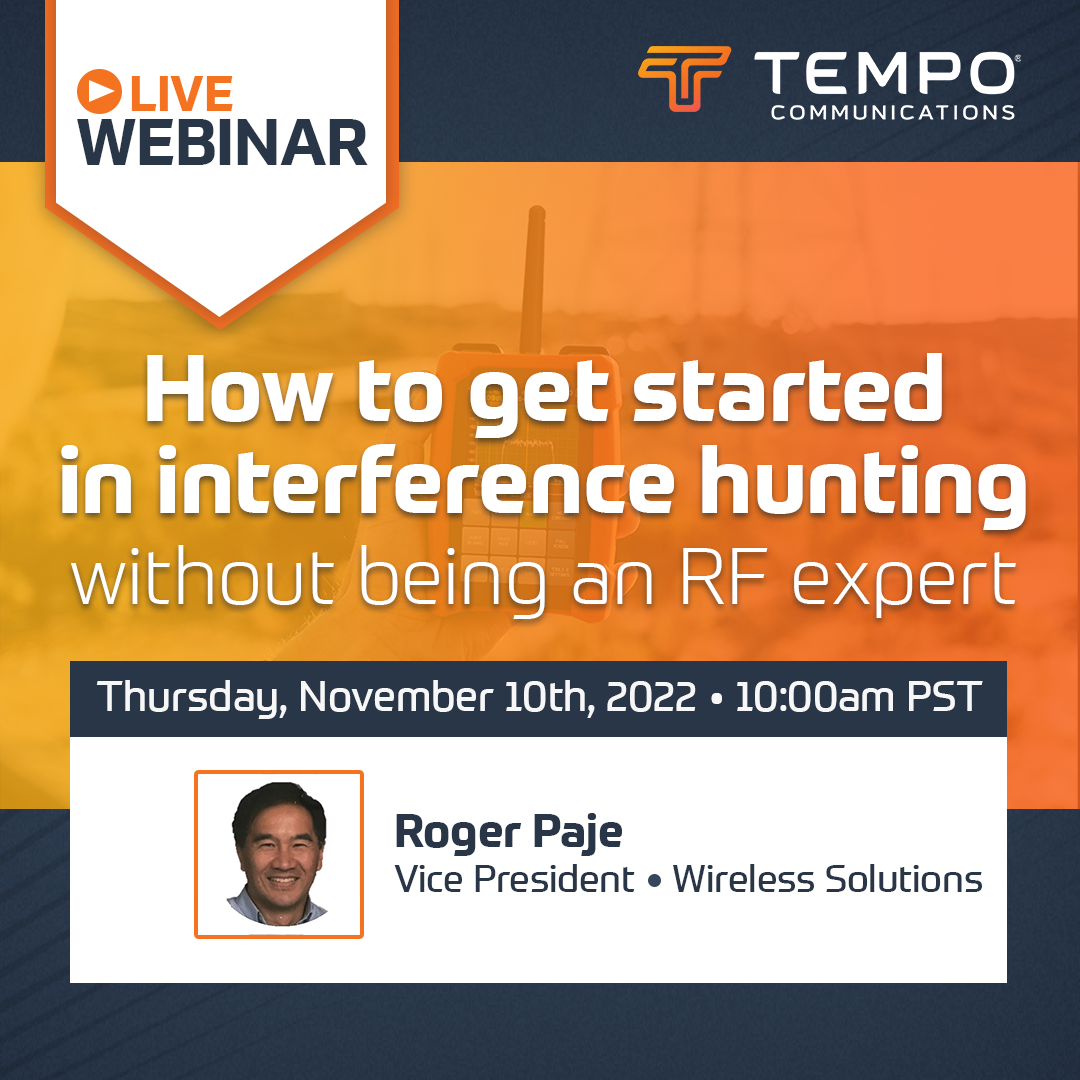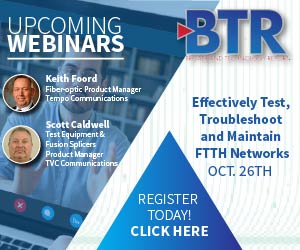Upcoming Webinars
Troubleshooting 2-Wire Systems with a Milliamp Clamp Meter
By Alejandro Aste-Nieto
2-Wire systems simplify wiring into one “circuit,” however that limits what we can know about the location of a fault. There’s no way to figure out where a fault is located from the controller alone if all connected devices are not allowed to operate. Troubleshooting from various locations is required, and the CMA-360B Milliamp Clamp Meter will allow Irrigation Technicians to narrow in on the fault without breaking messy and expensive single-use splices.
Locating Irrigation System Wires, Valves, and Faults
By Alejandro Aste-Nieto
To do their jobs, Irrigators need to know the location of wires, valves, and faults. Locators are immense time-savers, but they can be mysterious in how they react in various situations. We’ll peel back the curtain on how Tempo locators work and how to take advantage of the principles of electromagnetism to understand what’s buried beneath your feet and lead you to exactly what you’re looking for.
Troubleshooting Multiwire Irrigation Systems
By Alejandro Aste-Nieto
Armed with knowledge of electrical principles and a multimeter, Irrigation Professionals can efficiently diagnose wiring and electrical problems in any conventional multi-wire irrigation system. Understanding the relationship between voltage, current, and resistance allows technicians to use measurements to recognize which circuits and components are healthy, which are not—and why.
Checking PoE?
By Mark Govier
Power Over Ethernet. Something that has been around for many years. Standardized since 2003, PoE allows limited power to be delivered to network devices over what is primarily a LAN cable. This has been used in various ways over the years but is about to “explode” in terms of application. We explain how to check for the correct presentation of PoE on your cabling.
Efficient FTTH Termination: Testing Insights and Best Practices for Last Mile Connectivity
By Keith Foord
The last mile of an FTTH build requires a fast and economical termination to the home-installed network equipment. Mechanical connectors and splice-on-connectors are two methods of termination that are commonly used. Tempo Communications offers both solutions of which each are GR-326 compliant. This assures that a reliable connection will made and that it will satisfy the high bandwidth requirements necessary for FTTH and P2P networks. This webinar will detail the rigorous GR-326 compliance testing of the Tempo Communications connectors and the best practices for a reliable installation.
Fiber Installation, Management, and Troubleshooting
By Tim Moore-UCL Swift, Kevin Kearney-Legrand and Keith Foord-Tempo Communications
For numerous applications and in many environments, optical fiber’s information-carrying capacity makes it the medium of choice or of necessity. Whether it is a service-provider network bringing broadband access to residences, or a local area network (LAN) with long-distance and high-throughput demands, fiber-optic cabling meets the systems’ high-performance requirements. In 2023 and beyond, it is imperative for practitioners in the information and communications technology (ICT) industry to obtain the skills and knowledge required to deploy fiber-optic cabling systems successfully. This webcast seminar, hosted by Cabling Installation & Maintenance, will provide practical information for installers and technicians who work with fiber, hands-on, in the field.
Fiber Fortress: Fiber Distribution Closures For The Last Mile
By Keith Foord
The last mile of the FTTH build requires a fast, easy-to-install fusion splice closure that is rugged and will withstand adverse environmental conditions. The Drop Fiber Enclosure meets all of these conditions with its small profile, various configurations, and GR771 compliance. Typical installations will be presented in this webinar along with information on the rigorous testing supporting the TelCordia GR771 certification.
Discover The Secrets of Buried Wire Locating: Helpful Tips On How To Quickly Locate Buried Wires
By David Lopez
Learn the science behind how buried wire locators work, and how to properly locate using both peak and null-type locators.
How To Get Started in Interference Hunting Without Being an RF Expert
By Roger Paje
RF interference can severely impede or even completely disrupt performance in cellular networks. With a myriad of different types of both interferences and interference tools, starting on the task of interference hunting can be daunting. However, with a simple understanding of what causes interference and how to find it, you no longer need to be an RF expert to debug interference in your network. This webinar will cover the basics of interference hunting and present a simple 3-step methodology to help classify and hunt down problems. Included in this presentation are simple tools you can use to get started with minimal time and cost.
Effectively Test & Troubleshoot FTTH Networks – Broadband Technology Report
By Keith Foord
A Tempo webinar, brought to you by the Broadband Technology Report and sponsored by TVC Communications – As network speeds and bandwidth demands increase, fiber-optic testing and certification become more important than ever. With more “new to fiber” technicians being deployed, the need for easy-to-use and cost-effective test tools increases. OTDR theory will be explained in plain English, with trace evaluation and measurement tips and tricks shown to reduce the fear of using an OTDR. This will help even the novice technician to gain confidence in troubleshooting and locating faults in FTTH installations.
